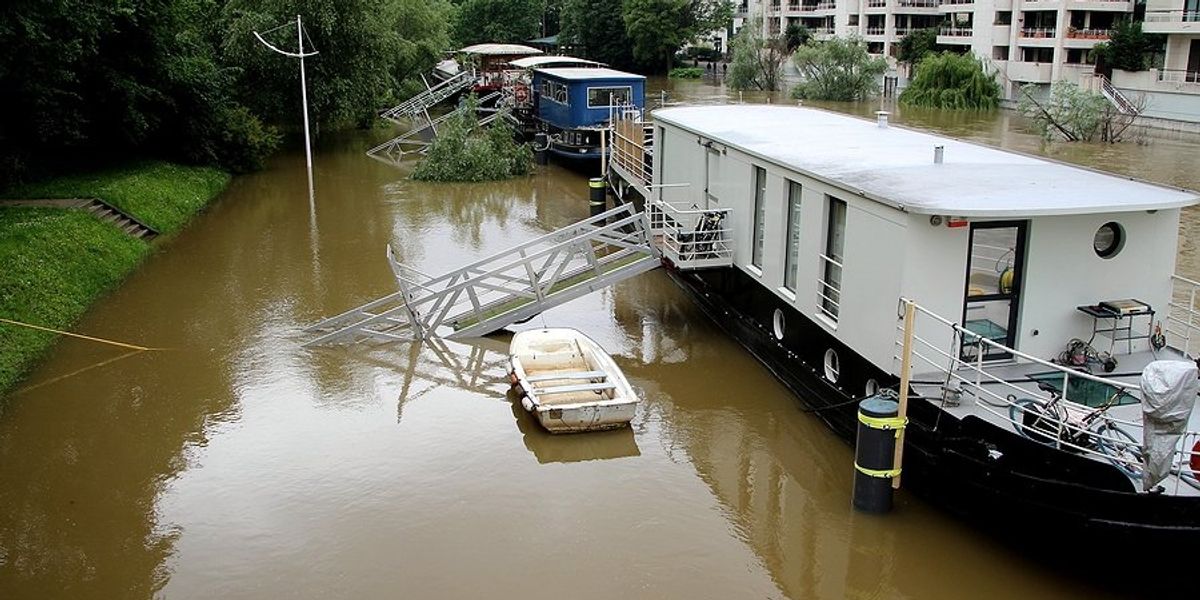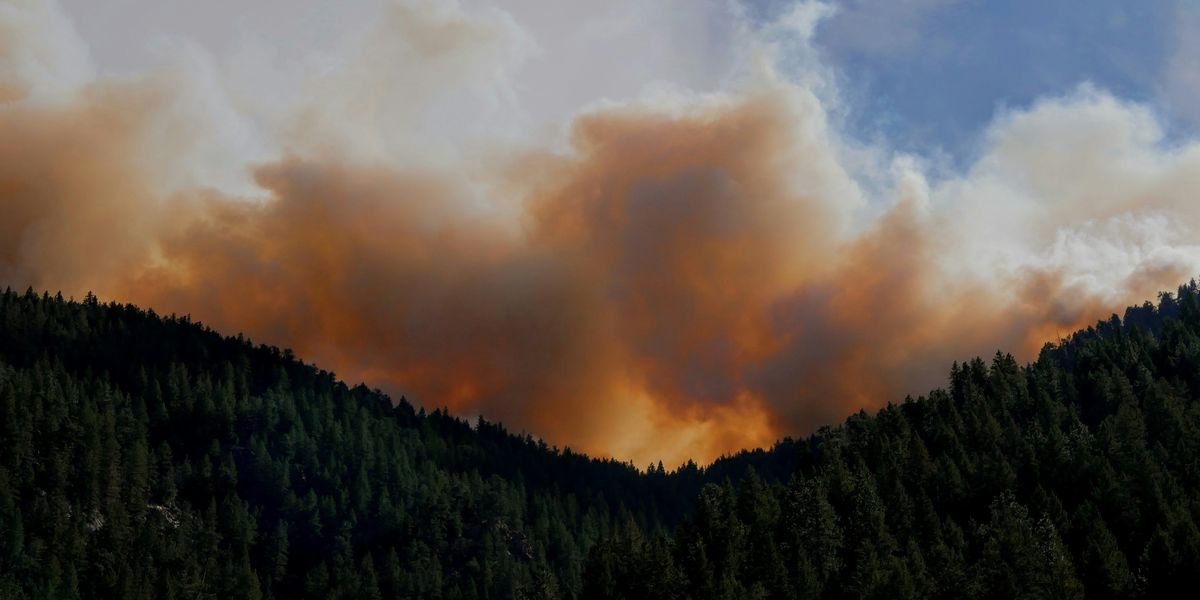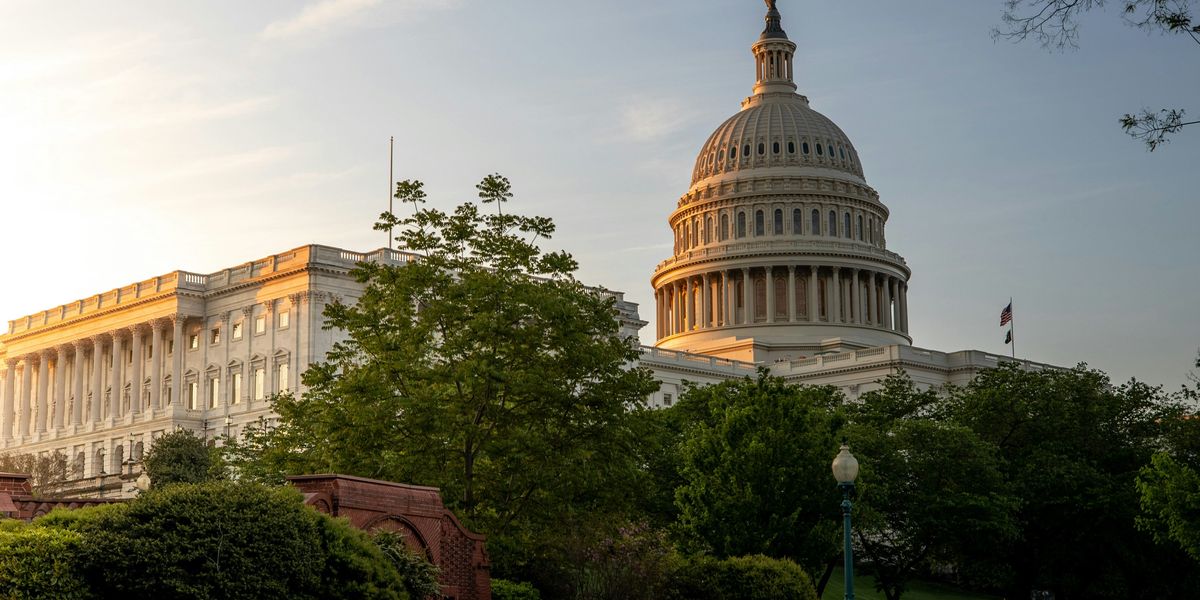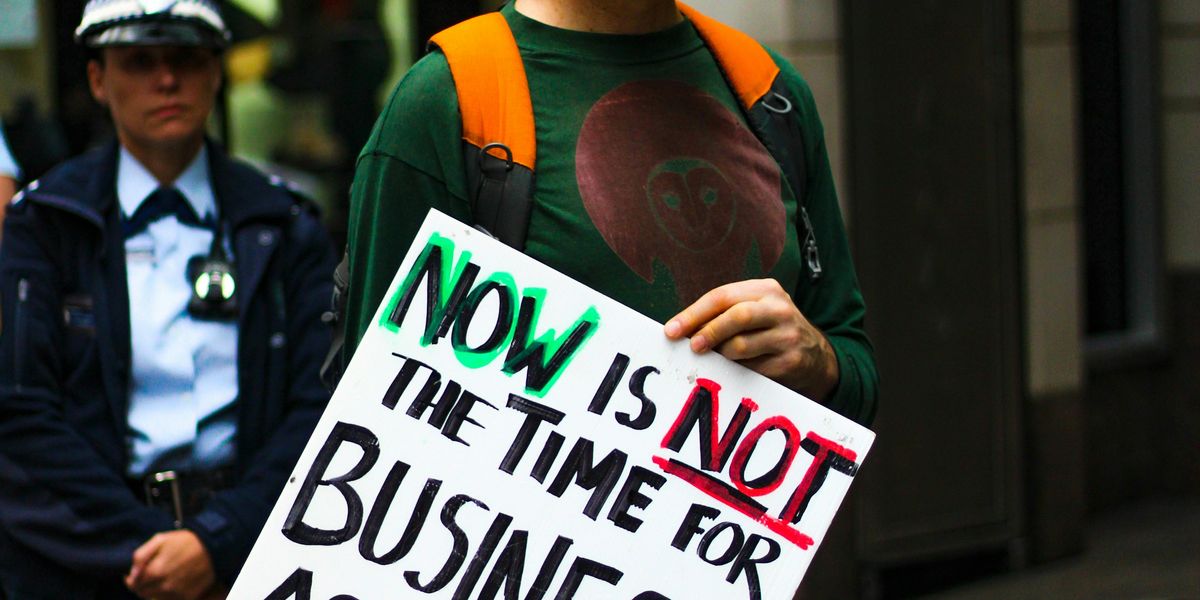tax
Berkeley aims to tax large buildings for natural gas use after gas ban repeal
Berkeley residents will vote in November on a first-of-its-kind tax targeting natural gas consumption in large buildings to fund the city's transition to electric alternatives.
In short:
- The proposed tax targets buildings more than 15,000 square feet, charging $2.96 per 100 cubic feet of gas used.
- Expected to generate $26.7 million annually, 90% of funds will go to electric retrofits in homes and buildings.
- The measure faces legal scrutiny similar to the gas ban but proponents believe it will hold up in court.
Key quote:
“People look to Berkeley as a bellwether for progressive climate action as well as an incubator of ideas. Someone needs to be putting ideas out there, and we think that has been and can continue to be Berkeley.”
— Daniel Tahara, lead organizer, Fossil Free Berkeley
Why this matters:
Shifting large buildings to electric power is crucial for reducing carbon emissions. Berkeley's tax could set a national precedent for how cities fund and enforce decarbonization policies.
Brazil proposes global wealth tax to combat climate change
Brazil has suggested a 2% wealth tax on billionaires worldwide to raise $250 billion annually for addressing climate change, though it faces skepticism from some countries.
In short:
- Brazil's proposed tax would apply to individuals with assets exceeding $1 billion and aims to fund climate change initiatives.
- While the plan has gained moral support from G20 ministers, implementation faces challenges, including resistance from countries like the U.S.
- The proposal highlights disparities in global wealth distribution, with the top 1% holding vastly more wealth than the bottom half of the population.
Key quote:
“Our feeling is that, morally, nobody’s against. But the level of support from some countries is bigger than others.”
— Ana Toni, Brazil's national secretary for climate change
Why this matters:
The proposed wealth tax underscores the need for innovative solutions to fund climate change initiatives and address economic inequality. Wealth distribution plays a crucial role in how effectively countries can implement policies to tackle global warming.
Related EHN coverage:
Denmark plans world's first emissions tax on livestock
Denmark will introduce the world's first emissions tax on livestock, aiming to cut greenhouse gases from cows, pigs, and sheep starting in 2030.
In short:
- Starting in 2030, farmers will pay about $43 per metric ton of carbon dioxide equivalent produced by livestock, rising to $108 in 2035, with partial tax deductions.
- The tax aims to reduce Denmark's emissions by 1.8 million metric tons of carbon dioxide equivalent in 2030.
- The bill includes creating over 600,000 acres of new forests and supports the agriculture sector’s green transition.
Key quote:
"We will be the first country in the world to introduce a real [carbon dioxide equivalent tax] on agriculture."
— Jeppe Bruus, Danish Tax Minister in a statement.
Why this matters:
Methane, produced through digestion in ruminant animals like cows and sheep, has a much higher heat-trapping ability than carbon dioxide on the short term, making livestock farming a critical area for climate action. In fact, the sector represents between 14 to 19% of all global emissions. By imposing this tax, Denmark aims to incentivize farmers to adopt more sustainable practices and reduce the environmental impact of their livestock operations.
Report proposes fossil fuel tax to fund climate crisis aid
A proposed tax on fossil fuel companies in wealthy nations could generate substantial funds to support countries hardest hit by climate change, a recent report suggests.
In short:
- The Climate Damages Tax, aimed at fossil fuel majors in OECD countries, is expected to collect $720 billion by 2030 for a global loss and damage fund.
- Proposed rates start at $5 per ton of CO2 equivalent, increasing annually, with potential to raise $900 billion in total.
- The tax is endorsed by several climate groups and aims to facilitate a fair transition away from fossil fuels.
Key quote:
“Extreme weather is claiming lives and causing catastrophic damage around the world. But while communities that have contributed least to the crisis find themselves on its frontlines, and households across Europe struggle with sky-high energy bills, the fossil fuel industry continues to rake in massive profits with no accountability for its historic and ongoing impact on our climate.”
— Areeba Hamid, joint director at Greenpeace UK
Why this matters:
The proposed tax on fossil fuel companies stands not only as a fiscal measure but as a moral statement, recognizing that while the benefits of fossil fuels have been largely enjoyed by the wealthier nations, the repercussions — erratic weather patterns, rising sea levels, and severe natural disasters — have disproportionately burdened the poorest.
The Oregon timber industry won huge tax cuts in the 1990s. Now it may get another break thanks to a top lawmaker
Carbon causes climate change. Why does a California county want to make more?
Kern County wants to use billions in federal tax credits to collect and bury carbon. To do so, it would build new facilities to produce more of the most abundant greenhouse gas.
Olympia officials weigh new tax district for sea level rise
Olympia officials are weighing whether creating a new special funding district is a viable option for paying to save downtown from rising sea levels. Such a move would ultimately raise up to $350 million in taxpayer money to keep the city from going underwater.


















